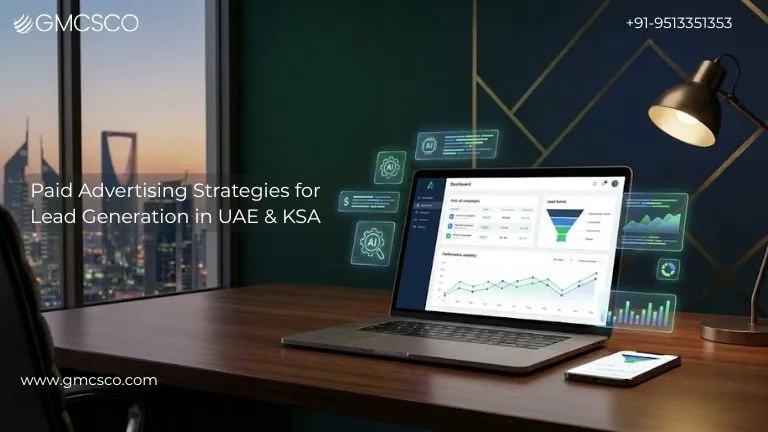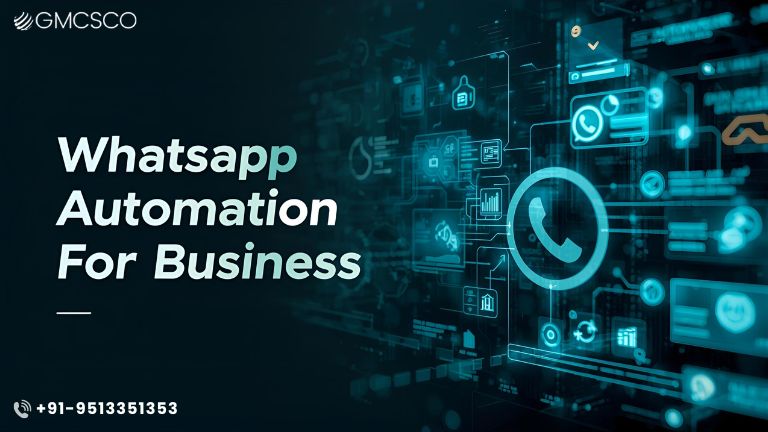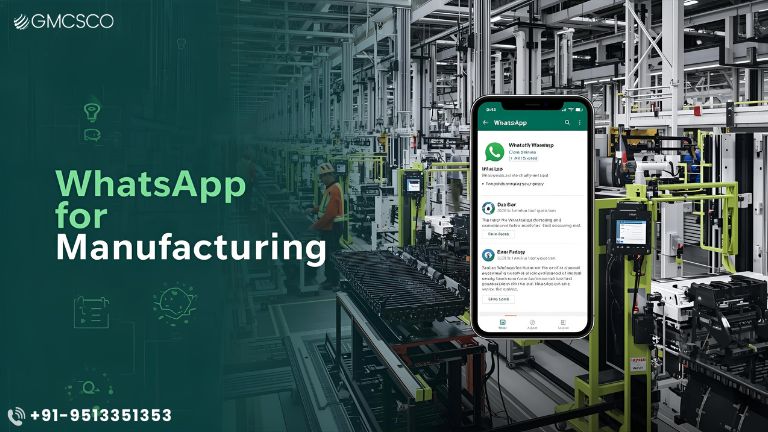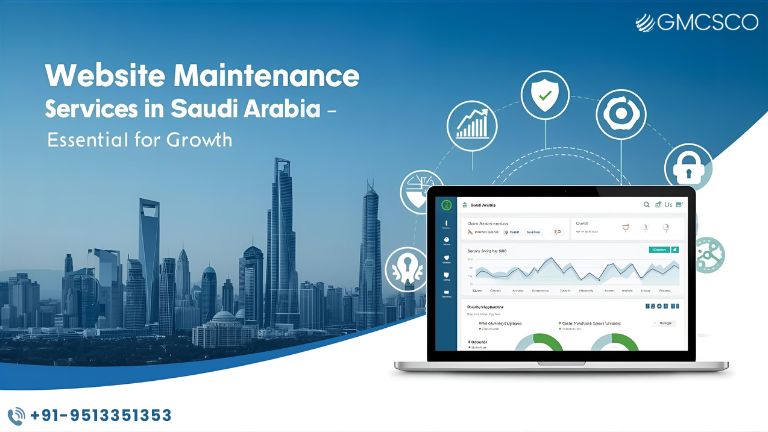Lead Generation via Paid Ads: 2026 Best Practices for UAE and KSA Enterprises
Marhaba from the Gulf! With digital ad spend hitting over SAR 10 billion in 2026, ads on Google, Meta and Snapchat are a lead-gen gold mine for companies connecting markets in the UAE with the KSA. eCommerce ($31.29 billion): with such a large amount focus on your performance driven campaigns which return 5-10x ROI. So, if you look at the UAE – KSA details for big-ticket leads. Best practice: AI-powered targeting. Leverage Google Performance Max for cross-platform ads, and bid on high-intent keywords such as “enterprise software solutions KSA 2026.” For the KSA, enjoy 99% & above internet and use geo-fence based ad targeting for Riyadh events; UAE can draw on Dubai’s fintech hub value proposition for sector-specific re-targeting. Trend: Commerce media’s rise — (beyond retail, use LinkedIn for B2B leads, where min-favas and engagement filters the quality.) Spend carefully: Social ads comprise 32.1% of digital spend, but focus your optimization efforts around conversions not clicks. Compliance: Comply with PDPL and UAE data laws, transparent tracking pixels only. For enterprises, video ads generate 25% lift; “shortness” is tested in TikTok for UAE–KSA market crosses. Generate enterprise leads? Grow Leads with Ads – Claim Your 2026 UAE/KSA Strategy Guide Ride the paid ad wave to unstoppable growth. Why Paid Ads Are the BEST Lead Engine in UAE & KSA (2026) When it comes to organic channels, you build authority, and for paid ads, you get predictable scalable leads. In 2026: Decision cycles are shorter Buyers research across multiple platforms Enterprises expect instant relevance Paid advertising enables: Immediate visibility Precise targeting Full-funnel control Measurable ROI For UAE–KSA companies, paying-to-play is now a must-have – it is growth infrastructure. Contact us today for your Business Growth What’s the Difference Between UAE and KSA Paid Ad Markets? Saudi Arabia (KSA) Arabic-first messaging performs best Powerful response to cultural & seasonal advertising High mobile usage across all demographics Local trust signals matter United Arab Emirates (UAE) English + Arabic bilingual campaigns Strong B2B & fintech presence High expat audience Faster experimentation cycles “Winning companies localize the strategy, not just the creatives.” Strategy High-Intent Lead Generation (Not Just Buying Traffic) Clicks don’t equal leads. Leads don’t equal revenue. Enterprise Lead-Gen Focus: Bottom-of-funnel keywords Decision-stage messaging Clear value propositions Qualification before submission Examples of high-intent queries: “Enterprise CRM solutions UAE” “B2B logistics software Saudi Arabia” “Healthcare ERP system KSA” Paid leads are to be filtered; they should not pour into pipelines. Contact us Today for Paid ADS Services Platform-by-Platform Best Practices (2026) Google Ads (Search + Performance Max) Best for: High-intent buyers Enterprise solutions Complex decision journeys Best practices: For conversion-driven advertisers, use Performance Max parties Split out brand, generic and competitor campaigns Design landing pages for the intent rather than just for SEO Meta Ads (Facebook & Instagram) Best for: Retargeting Mid-funnel lead nurturing Visual storytelling Best practices: Use video-first creatives Segment by behavior, not just interests Test Arabic vs bilingual messaging LinkedIn Ads (B2B Powerhouse) Best for: Enterprise decision-makers High-ticket B2B leads SaaS, fintech, logistics, consulting Best practices: Job title + industry targeting Lead Gen Forms that are made up of qualifying questions Thought-leadership ads before sales ads Snapchat & TikTok Blogs (Rising Lead Channels) Best for: Younger decision-makers Brand-led demand generation Cross-border reach Best practices: Short-form vertical video Clear CTAs Good door-hooks in first 2 seconds AI-Powered Optimization: The 2026 Advantage AI now handles: Bid optimization Creative testing Audience discovery Budget reallocation What Enterprises Should Do: Let AI optimize delivery Control strategy & messaging Monitor lead quality closely AI drives efficiency – humans safeguard ROI. Schedule Your Consultation Today Landing Pages: Where Leads Are BORN or DIE Without a good landing page, even your most genius paid ad can go down the drain. Enterprise Landing Page Essentials: Clear headline with value proposition Proof (logos, testimonials, metrics) Short, focused lead forms Strong CTA Fast load speed (mobile-first) Landing Pages Specific landing pages should be created for each campaign, not your standard webpages. Lead Qualification & Funnel Design Not all leads are equal. Smart Qualification Tactics: Multi-step forms Budget / company size questions Industry selection Intent-based scoring This reduces: Sales team overload Low-quality follow-ups Cost per qualified lead Compliance & Data Protection in UAE and KSA Both areas have very strong privacy regulations: Saudi Arabia (PDPL) Explicit consent Purpose limitation Transparent data usage UAE Clear opt-ins Secure data handling Disclosure of tracking Compliant campaigns add trust and platform stability. Get Paid ADS Services Today Industry-Specific Lead Gen Use Cases B2B SaaS & Enterprise Software Google Search + LinkedIn Demo-focused landing pages Real Estate & Infrastructure Geo-targeted Google & Meta ads Event-based lead capture Healthcare & Pharma Educational lead magnets Compliance-first messaging Logistics & Manufacturing Problem-solution ads Decision-maker targeting How GMCSCO Nurtures Quality Leads With Paid Ads At GMCSCO, we deliver results-oriented paid ad campaigns for UAE & KSA businesses. Our Capabilities: Google, Meta, LinkedIn & TikTok ads AI-powered campaign optimization Enterprise landing page design Lead qualification & CRM integration PDPL & UAE compliance checks ROI-focused reporting That is our objective: less leads, better quality and better conversions. Enterprise Paid Ads Framework for Dummies (2029) Step 1: Define Lead Quality Who is a qualified lead? Step 2: Choose Platforms Based on intent, not trends. Step 3: Build Conversion Assets Landing pages, lead magnets. Step 4: Launch & Optimize Use AI + human oversight. Step 5: Scale What Works Only up budget on campaigns that work. The Future Of Paid Lead Generation In UAE & KSA AI-driven bidding dominates Video becomes primary ad format Lead quality > volume Compliance becomes a ranking factor Cross-border strategies outperform siloed ones Paid ads will continue to be the quickest growth lever for smart-executing enterprises. Generate Leads for Your Business Today with GMCSCO Frequently Asked Questions (FAQs) Do paid ads still work in 2026? Yes, assuming you are optimizing for conversions and lead quality. What is the best platform for enterprise leads? Google and LinkedIn dominate for high-intent enterprise buyers. What ROI should enterprises expect? Usually 5–10x when the campaigns are well-optimized. Do paid ads still require AI? Yes. Manual-only campaigns underperform. What is the difference between UAE and KSA ad strategy? KSA is Arabic-first; UAE wants bilingual targeting. Do video ads convert better for leads? Yes, video
Lead Generation via Paid Ads: 2026 Best Practices for UAE and KSA Enterprises Read More »






